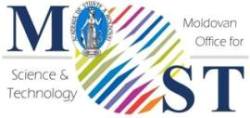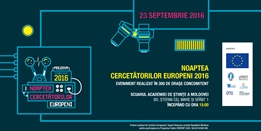March has been a buzzing month. Please find below some more news on recent JRC activities:
UPDATED JEC WELL-TO-WHEELS STUDY ON AUTOMOTIVE FUELS AND POWERTRAINS
A new version of the Well-to-Wheels Analysis of Future Automotive Fuels and Powertrains in the European Context was published on 25 March by the JRC and its partners in the JEC Consortium. The updated version includes a longer term outlook by expanding the time horizon from 2010 and beyond to 2020 and beyond. It particularly adds an assessment of electrically chargeable vehicle configurations, such as plug-in hybrid, range extended, battery and fuel-cell electric vehicles. 26/03/14 View related content. More…
E-HEALTH: SLIGHT INCREASE OF UPTAKE ACROSS THE EU BUT FURTHER EFFORTS NEEDED
e-Health deployment in European hospitals has increased slightly over the period 2010-2013. The gap between best performers (mostly Nordic countries) and less advanced countries (mostly Eastern European countries and Greece) in hospital e-health deployment has narrowed (from 42% in 2010 to 34% in 2013). Medical professionals actively use e-health functionalities once available. 24/03/14 View related content. More…
EU SCIENTIFIC PROGRAMME FOR EXPO 2015 IN THE MAKING: WORK KICKS OFF
A high level expert group to support the definition and implementation of the EU scientific programme for Expo Milano 2015 has been set up by the JRC, the Directorate-General for Research and Innovation, and the European Parliament. Today’s kick-off meeting was opened by Máire Geoghegan-Quinn, European Commissioner for Research, Innovation and Science together with Vladimir Šucha, Director-General of the JRC. 21/03/14 View related content. More…
ENHANCING A GLOBAL NUCLEAR SECURITY CULTURE
The Nuclear Security Summits and the latest IAEA International Conference on Nuclear Security are cooperative activities to strengthen nuclear security. Following the Seoul Summit in 2012, the participating international leaders encouraged the countries to share good practices and build national capabilities, including through bilateral and multilateral cooperation, recognising that investment in human capacity building is fundamental to promoting and sustaining a strong nuclear security culture. 20/03/14 View related content. More…






